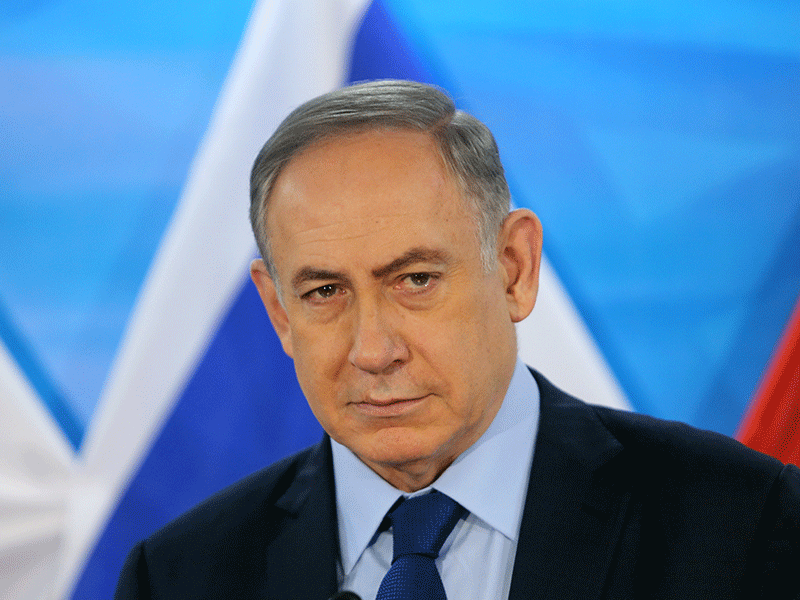Many Israelis, myself included, are uncomfortable with Prime Minister Benjamin Netanyahu’s policy of cozying up to nationalist governments and political parties in Europe.
Many of us cringed when Netanyahu recently traveled to Lithuania and embraced the country’s leaders. Lithuania is one of the worst offenders in the eastern European form of Holocaust denial, in which the country endeavours to erase the central role of its citizens in the Nazi extermination. In this country, as in Poland and elsewhere, many of the perpetrators of these atrocities are honoured as heroic fighters against the Soviet communists. As the Simon Wiesenthal Center’s Efraim Zuroff declared, they repeatedly “refuse to acknowledge the massive scope of Lithuanian participation in the murders,” and do everything they can “to undermine the uniqueness of the Holocaust by promoting the canard of equivalency between Nazi and communist crimes.”
Similarly, Netanyahu gave his blessing to a slightly watered down version of Poland’s law, which seeks to prevent historians, or anyone else, from mentioning that country’s role in the Shoah, or the murderous pogroms against survivors immediately afterwards. Prof.Yehuda Bauer, a top scholar at Yad Vashem, referred to the Israeli endorsement as a “betrayal” of “the memory of the Holocaust.”
Surely Netanyahu knows all of this, just as he knows that the nationalist leaders that currently run Austria and Hungary also have histories of crude anti-Semitism. Netanyahu is very passionate on the subject and on the stain of the Shoah that continues to cover Europe.
The question, therefore, is why does he go out of his way to embrace these government officials and give them the legitimacy that only the head of the Jewish state can bestow?
The answer is national interest – the urgent need, as Netanyahu sees it, for allies on the world stage. The dominant Western powers in the European Union (Sweden, Denmark, Belgium, France, Germany, etc.) are pursuing policies on Iran and the Palestinians that he sees as very dangerous for Israel. And like Israelis, eastern Europeans resent western Europe’s pervasive condescension and arrogant attempts to manipulate public opinion. If 10 or more EU members (possibly including the new Italian government) would make common cause with Israel, this would make a major difference.
Netanyahu hopes that these countries will force Europe to oppose BDS and other similar campaigns at the United Nations. The opponents of the UN’s immoral propaganda war against Israel, in which the EU often participates, currently include the U.S., Australia and, at times, Canada. If the Europeans changed sides, this would make a big difference.
The dilemma that Israel faces recalls the situation in 1952, when Prime Minister David Ben-Gurion restored relations with Germany, a few short years after the Shoah. Facing the ongoing Arab threat, and the challenge of settling Holocaust survivors and waves of Jews expelled from Arab countries, Israel desperately needed the reparations and weapons that Germany agreed to provide – this was a vital national interest, according to Ben-Gurion.
But Menachem Begin, the leader of the opposition, condemned the prime minister for betraying the memories of the six-million Jews who were killed.
But as Israel’s leader, Ben-Gurion had the enormous responsibility of looking forward and ensuring the Jewish state’s survival. In negotiating reparations from Germany, he took a pragmatic approach.
READ: STEINBERG: THE UN’S ANTI-ISRAEL PROPAGANDA MACHINE
Netanyahu’s situation is less stark – dealing with today’s European nationalists and ostensibly reformed anti-Semites is not the same as dealing with Germany in 1952. But there is no guarantee that today’s governments will stay in power in the long term and that they will actively support Israel in the EU and at the UN. A more distant, less enthusiastic embrace, while still problematic, would be easier to accept.
